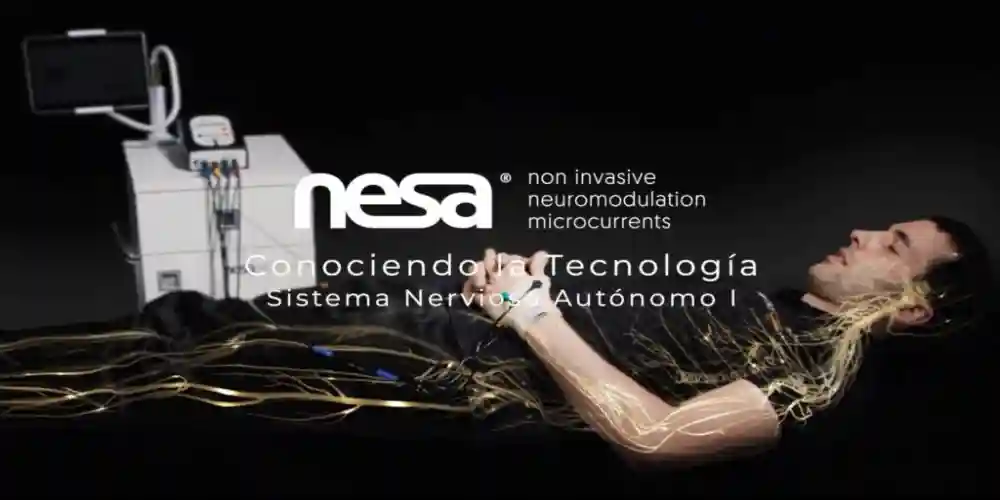An xSignal is a designer-defined signal path between two nodes; they can be two nodes in the same net or two nodes in associated nets separated by a component. xSignals can be used to scope relevant design rules such as Length and Matched Length.
Select a start pad and an end pad (these can be in different nets if there is a series termination component). Run the Create xSignal command to immediately create a single xSignal.
Streamlined Design Process
Creating an xSignal is as simple as selecting the source and destination components, and using the Design >> xSignals >> Create xSignals between Components command in the context menu. The Create xSignals Between Components dialog opens with the chosen component(s) selected, and analyses all potential xSignals from the source to the designation component, including any branches through series passive components.
The xSignals are then identified in the xSignal Mode PCB panel’s xSignal Primitives region, and are displayed in the design space as node pads joined by a thin line representing the xSignal path. Named based on the start and end net names, each xSignal is given a name of StartNetName>_EndNetName>_PPn, where n is an integer.
Altium Designer also provides a technology-aware xSignals Wizard that takes the guesswork out of high-speed designing, and automatically builds xSignals for a range of common interface and memory circuits. The Wizard is accessible via the Design >> xSignals sub-menu, or by right-click in the design.
Increased Productivity
Xsignal opportunity leverages advanced algorithms and cutting-edge hardware to deliver superior signal processing. This translates to reduced latency, allowing for virtually instantaneous transmission of data. This increased speed is especially beneficial in applications where real-time communication is paramount, such as video conferencing and online gaming.
Moreover, Xsignal’s adaptive technology allows it to adapt to dynamic and challenging communication environments. This enables it to safeguard communication channels, making it an ideal choice for industries that prioritize the security of sensitive information.
Xsignal also helps tech companies make the transition to Web 3.0 by offering strategic upgrade pathways and a developer-friendly environment. Its experts guide teams through adopting decentralized technologies, ensuring a smooth and seamless evolution.
Lower Manufacturing Costs
In manufacturing, three main expenses determine a company’s bottom line: materials costs, labour costs, and overhead costs. The first two, materials and labour, can be reduced by implementing cost reduction strategies that improve efficiency and reduce waste.
Material costs can be reduced by exploring long-term contracts with suppliers, negotiating bulk purchasing discounts, and finding less expensive raw materials. Streamlining processes and automating tasks can also save money on labour by reducing the number of shifts and overtime worked.
Overhead costs include a wide range of expenses that are not directly associated with production, including rent, utilities, marketing and sales, and office supplies. Keeping these costs low by implementing efficient processes and avoiding unnecessary spending is essential for manufacturing companies to stay competitive. Lastly, considering alternative energy sources and reducing energy usage is a simple way to cut back on costly utility bills.
Easier to Debug
A significant amount (if not most) of the time it takes to develop a software program goes into debugging and maintaining it. Debugging is the process of localizing an error, finding out where it started, what caused it and why it has morphed into something that doesn’t work as expected. This is hard and takes the most skill, as it involves knowing the system well enough to isolate the cause from its symptoms.
Oftentimes the best way to debug a problem is to start by writing unit tests. This helps reduce the chance of accidentally making other problems worse by changing random bits around. It also forces you to create a test that reproduces the issue. Once you’ve isolated the issue, use a technique like bug clustering to find out which class of bugs it belongs to. Then, fix one of the classes and see if it fixes the others. This can save a lot of time.


